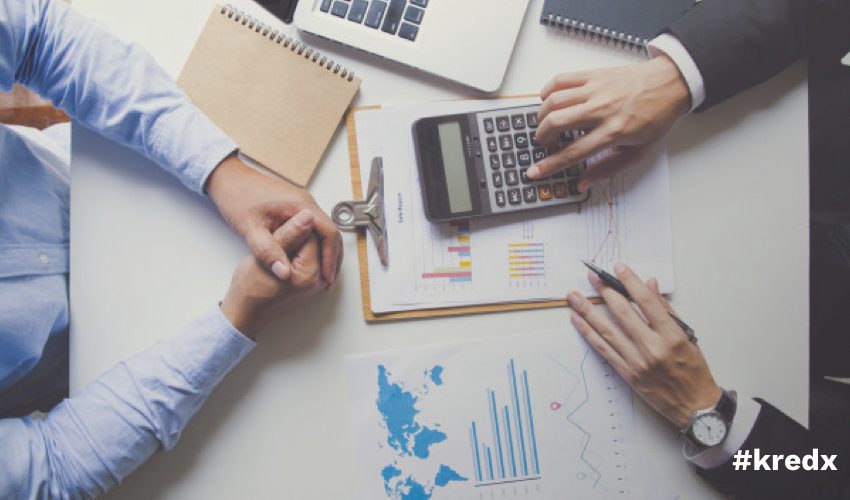
5 Blunders To Avoid To Maintain A Healthy Financial Portfolio
In the dynamic world that we live in, people generally underestimate the importance of fiscal mobility. Although impulsive and uninformed investments should be avoided, the conventional tendency to keep money parked at a place should be changed too. Whether it is shares, real estate, gold, bonds, mutual funds, or any other avenue, maintaining a healthy investment standing always reflects a sound financial status.
People blame their way of living and expenditures to be the only reason for their financial crunch; whereas, a significant share of that struggle goes to the improper management of savings and investments. Every situation, good or bad, on an economic front, depends on the amount you diligently spend, and how much you set aside as your savings.
Understanding Asset Allocation Inside Out
In textbook terms, asset allocation is an investment strategy, where individuals tend to split their investment portfolios among multiple asset classes to reduce the risks. Studies by Brinson et al. state that “More than 90% of the variation in a portfolio’s performance over time is due to its asset allocation“. Failing to understand asset allocation can lead to significant impediments in the journey towards wealth creation. Investors should be careful about how they would prefer to allocate their investments to every element that can fetch them higher returns. Diversification at the right time can also be a game-changer. Besides, investors must not hesitate to take input from a financial advisor.
Did you know, for many years, a generally cited thumb rule that helped interpret asset allocation better was that individuals should hold a percentage of stock, equal to the number determined by subtracting their age from 100? Therefore, someone who is 60 years old should have nearly 40% of their portfolio as equities.
Determining The Objective And A Timeline
Stories on how the GDP has pulled down the figures or for that matter, any report related to the market these days, is nothing less than a shocker. It was until recently that the RBI predicted that the Indian economy has stopped shriveling, in the October-December quarter, reflecting a GDP growth of 0.1% in Q3, and 0.7% in Q4 January-March of 2021. Whenever the market falls, the best that the investors can do is to stick to their funding path. Knowing the desired objective of the investments made, along with the timelines in which you plan on achieving them is extremely important to keep you afloat in a market wreck. Nevertheless, it mentally prepares you to jot down the plan when you can retire.
Reserving Potential Investments For No Good
It is like a tradition in India to preserve the deposits, obsessively. People often realise it very late that even though their savings are mounted, the investments usually go inadequate. Such a scenario arrives when they store their money either in savings accounts or invest in fixed deposits. Eventually, it also hampers their post-tax returns, which ultimately makes the potential of their savings dry.
FDs are certainly an excellent way to make investments when it comes to the long run. However, they are also similar to a financial savings plan adopted by a cautious buyer that yields low returns than others. Instead, investors can go for debt mutual funds as they offer comparatively higher returns, which is close to 9%, with greater liquidity.
Keeping An Eye On The Portfolio
Investors need to keep a close eye on their investments from time to time and rebalance their portfolios accordingly. Rebalancing generally is adjusting various assets in your portfolio to elevate their performance and bring them parallel to your long-term financial goals.
It is essential to understand that apart from mutual funds or stocks, many other investments in the portfolio need constant reviewing. The volatile nature of the market might work for a few assets, whereas others would need to be re-balanced, keeping in mind the circumstances. This way, investors can mitigate the dangers when the market shifts, and make a productive path for their belongings as per their risk-tolerance levels.
Overlooking Compliance and Taxation
Investments, Compliance, and Taxation go hand in hand. Indians, as well as the NRIs, must have tax-friendly portfolio returns. In the long term, overlooking tax and compliance can create copious troubles both for the investors and their portfolio returns.
Bottomline
While most of these can be fixed, the longer you wait, the more you suffer for your long-term finances. The reasonable step that investors can take is to start analysing the longevity of their money and comprehend the possible errors they might be committing inadvertently, and begin to make significant modifications.



